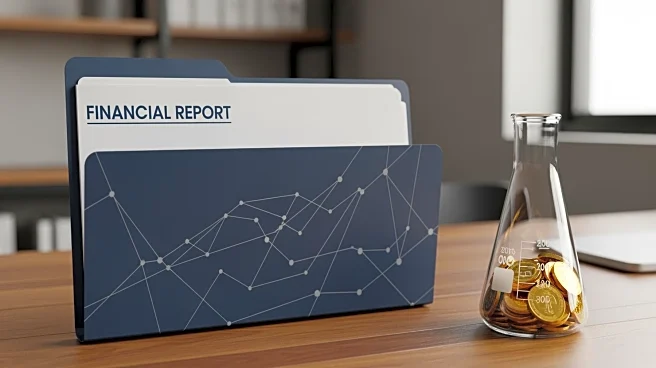What is the story about?
What's Happening?
Financial planners are advising Americans to avoid tapping into their 401(k) retirement accounts, despite a growing trend of withdrawals. According to Vanguard, 4.8% of plan participants took hardship withdrawals last year, up from 3.6% in 2023. These withdrawals are often used to address immediate financial needs, such as medical or funeral expenses, and can be taken without penalty. However, experts like Paul Brahim, president of the Financial Planning Association, caution that withdrawing from retirement accounts should be a last resort due to the long-term impact on retirement savings. Withdrawals before age 59½ are subject to income tax and, if not for hardship, incur a 10% penalty. Alternatives such as emergency funds, 401(k) loans, and home equity loans are recommended to avoid derailing retirement plans.
Why It's Important?
The increasing trend of 401(k) withdrawals highlights financial instability among Americans, potentially affecting their long-term retirement security. With automatic enrollment in workplace plans, more workers have access to retirement savings, yet many are forced to tap into these funds due to financial emergencies. This trend could lead to a significant reduction in retirement savings, impacting future financial stability for individuals. Financial planners emphasize the importance of maintaining an emergency fund to prevent the need for early withdrawals, which can have severe tax implications and reduce the compounding growth of retirement savings.
What's Next?
As financial planners continue to stress the importance of emergency funds, individuals may seek alternative financial strategies to manage unexpected expenses. Employers might consider offering more financial education and resources to help employees build emergency savings. Additionally, legislative changes could further impact the ease of accessing retirement funds, prompting discussions on balancing immediate financial needs with long-term retirement security.















